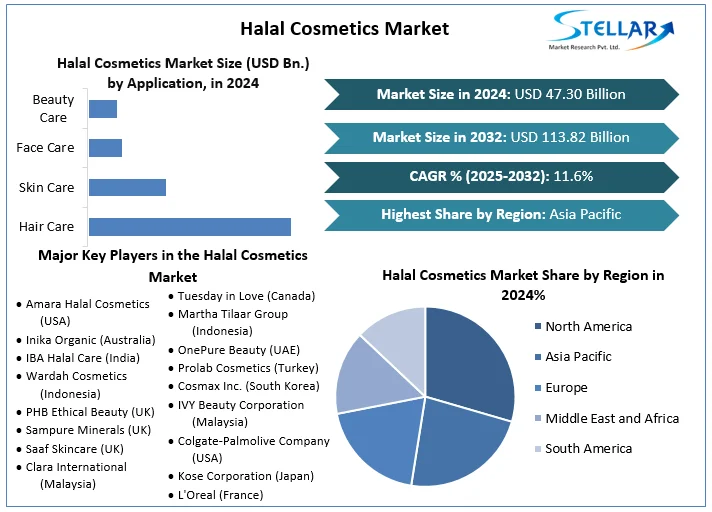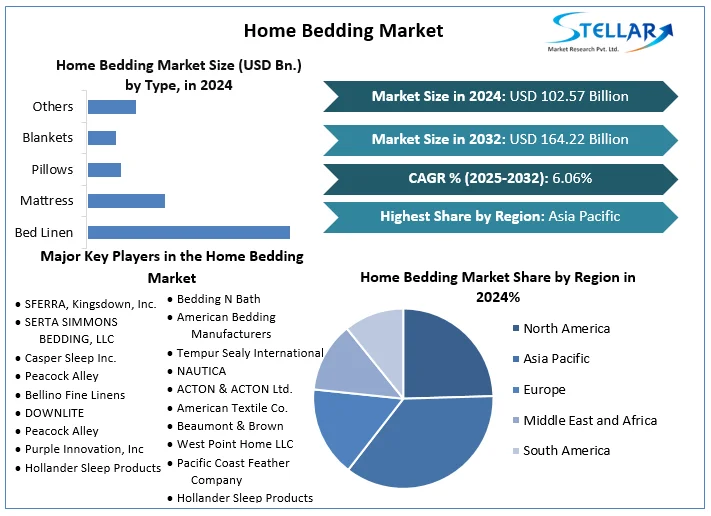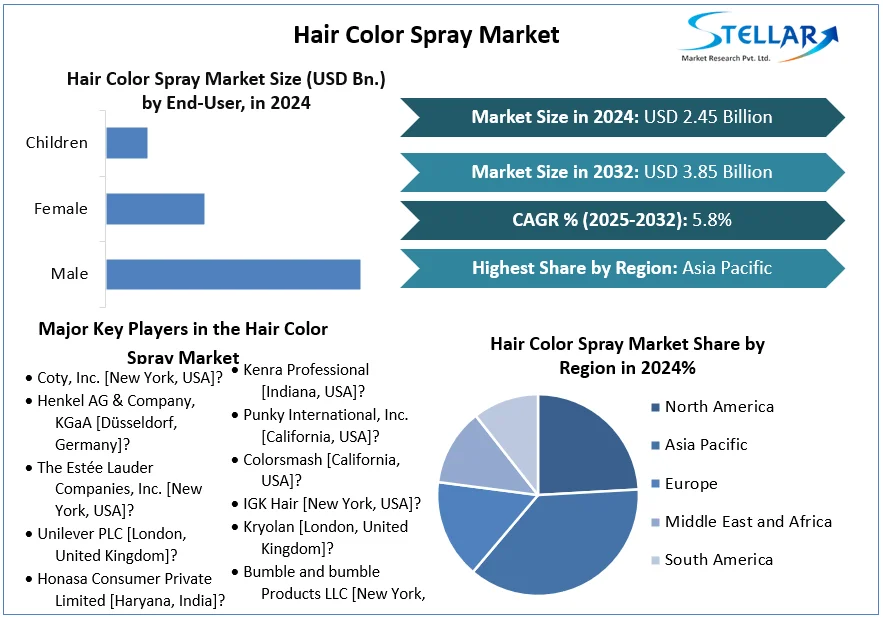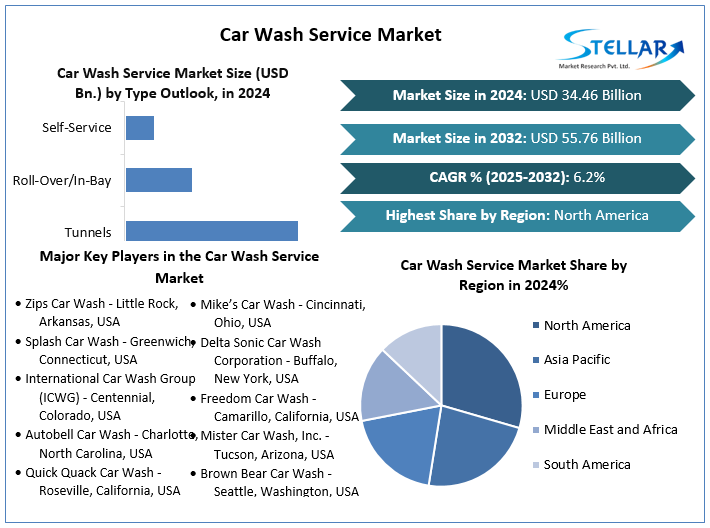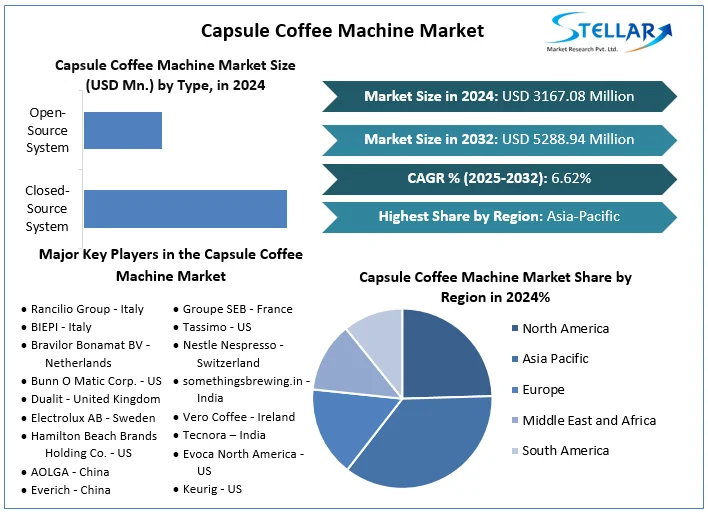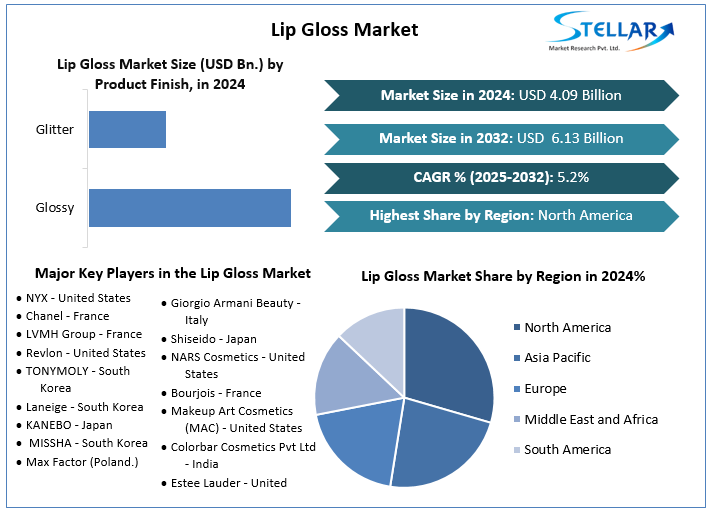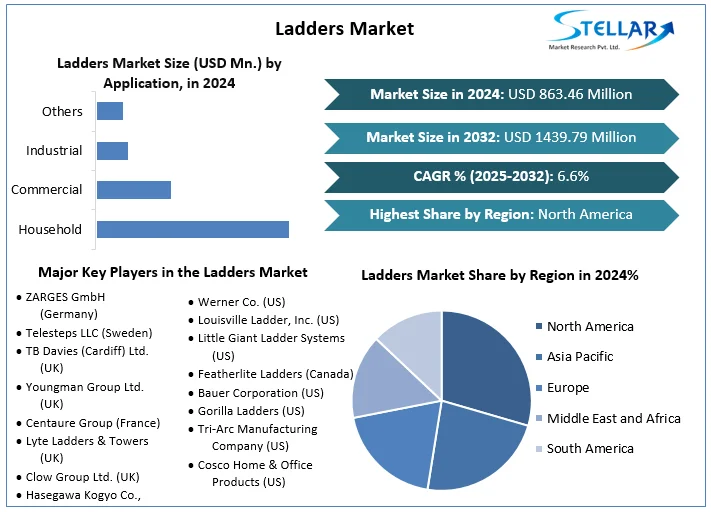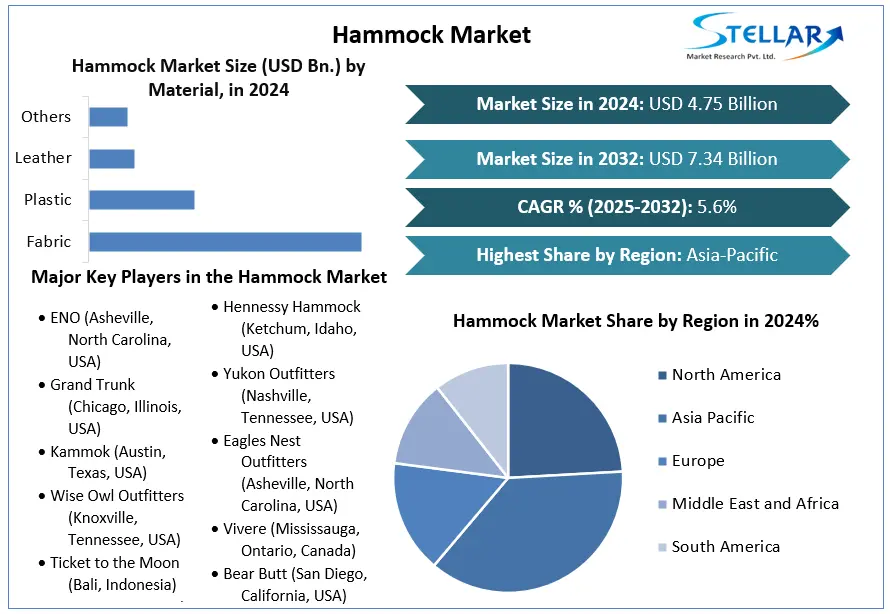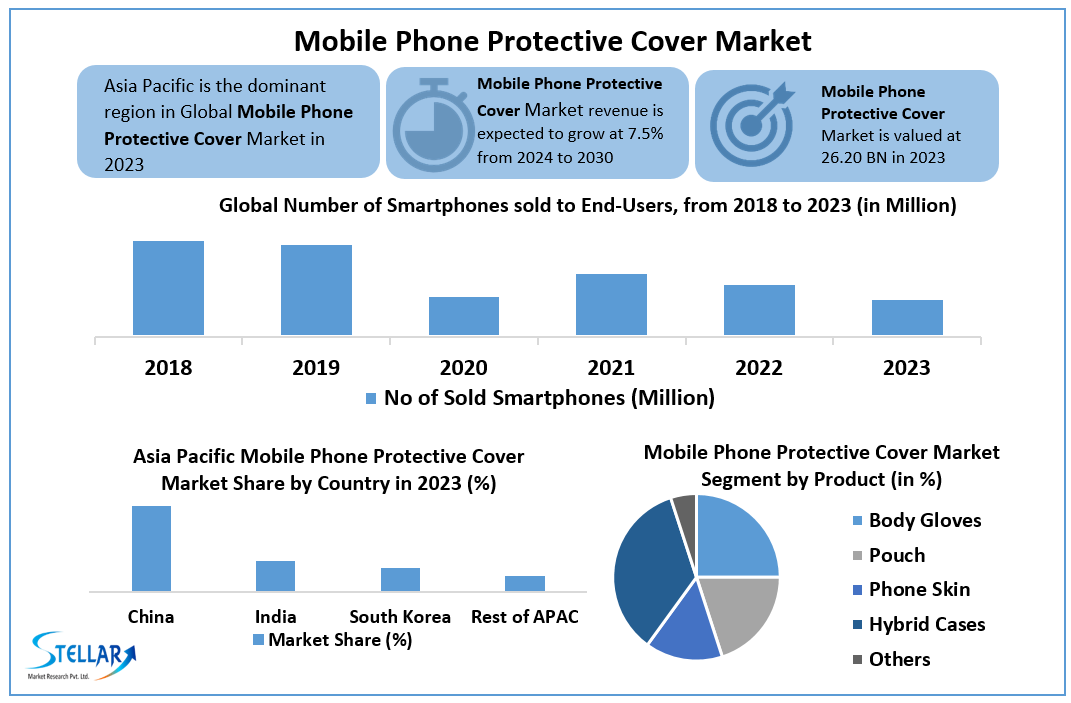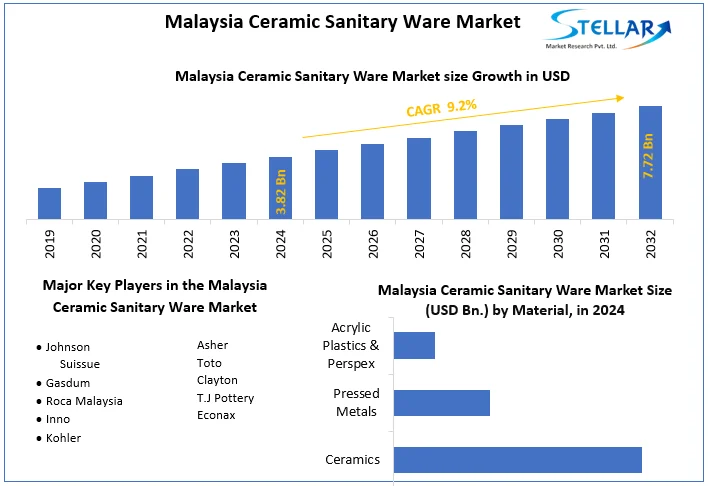Halal Cosmetics Market Dimension, Share, Progress, Evaluation, Report and Forecast Interval Of 2025-2032
Halal Cosmetics Market: Driving Ethical and Inclusive Beauty
Request Free Sample Report:https://www.stellarmr.com/report/req_sample/Halal-Cosmetics-Market/2120
Market Estimation & Definition
The Halal Cosmetics Market is experiencing strong growth, valued at USD 28.7 billion in 2024 and projected to reach USD 53.2 billion by 2032, registering a CAGR of 7.8% during the forecast period. Halal cosmetics are products that comply with Islamic laws, ensuring that they are free from alcohol, animal-derived ingredients not permissible in Islam, and harmful chemicals. These products include skincare, haircare, makeup, fragrances, and personal care solutions.
The market is fueled by growing awareness of ethical consumption, rising Muslim populations, and increasing demand for clean, safe, and sustainable beauty products. Halal certification provides consumers with assurance regarding quality, safety, and ethical sourcing.
Market Growth Drivers & Opportunities
Rising Muslim Population and Demand for Ethical Products
The global Muslim population is growing, increasing the demand for halal-certified cosmetics that align with religious and ethical values.
Awareness of Ethical and Clean Beauty
Consumers across religious and non-religious segments are seeking chemical-free, cruelty-free, and ethically sourced products, expanding the target market.
Expansion of E-Commerce Platforms
Online retailing provides convenient access to halal-certified cosmetics, fueling adoption in regions with limited local availability.
Innovation and Product Diversification
Growth is driven by new launches in skincare, haircare, and makeup, as well as the development of premium, organic, and multifunctional products.
What Lies Ahead: Emerging Trends Shaping the Future
Integration of Organic and Natural Ingredients
Halal-certified products are increasingly formulated with plant-based, vegan, and eco-friendly ingredients to meet consumer expectations for sustainability.
Influencer Marketing and Social Media
Online marketing campaigns and beauty influencers are promoting halal beauty products globally, raising awareness and adoption.
Luxury and Premium Segments
Premium halal cosmetics are gaining traction among affluent consumers seeking high-quality, ethical beauty products.
Personalized and Functional Products
Brands are introducing halal cosmetics with multifunctional benefits, such as anti-aging, hydration, and skin protection, tailored to specific consumer needs.
Segmentation Analysis
By Product Type
Skincare (creams, lotions, serums)
Haircare (shampoos, conditioners, oils)
Makeup (foundations, lipsticks, eye makeup)
Fragrances & Perfumes
Personal Care Products (soaps, deodorants, body washes)
By Formulation
Press Release Conclusion
The Halal Cosmetics Market, valued at USD 28.7 billion in 2024 and projected to reach USD 53.2 billion by 2032, is poised for significant growth driven by ethical consumption, religious compliance, and rising consumer preference for safe, natural, and cruelty-free beauty products.
With the United States leading adoption in North America and Germany emerging as a strong European market, global demand is expanding. The market is further fueled by the integration of organic ingredients, luxury offerings, and influencer-driven promotion.
As halal cosmetics continue to gain recognition among both Muslim and non-Muslim consumers, manufacturers and stakeholders have a compelling opportunity to innovate, expand distribution channels, and create products that cater to ethical, safe, and high-quality beauty standards worldwide.
About us
Phase 3,Navale IT Zone, S.No. 51/2A/2,
Office No. 202, 2nd floor,
Near, Navale Brg,Narhe,
Pune, Maharashtra 411041
[email protected]
Halal Cosmetics Market: Driving Ethical and Inclusive Beauty
Request Free Sample Report:https://www.stellarmr.com/report/req_sample/Halal-Cosmetics-Market/2120
Market Estimation & Definition
The Halal Cosmetics Market is experiencing strong growth, valued at USD 28.7 billion in 2024 and projected to reach USD 53.2 billion by 2032, registering a CAGR of 7.8% during the forecast period. Halal cosmetics are products that comply with Islamic laws, ensuring that they are free from alcohol, animal-derived ingredients not permissible in Islam, and harmful chemicals. These products include skincare, haircare, makeup, fragrances, and personal care solutions.
The market is fueled by growing awareness of ethical consumption, rising Muslim populations, and increasing demand for clean, safe, and sustainable beauty products. Halal certification provides consumers with assurance regarding quality, safety, and ethical sourcing.
Market Growth Drivers & Opportunities
Rising Muslim Population and Demand for Ethical Products
The global Muslim population is growing, increasing the demand for halal-certified cosmetics that align with religious and ethical values.
Awareness of Ethical and Clean Beauty
Consumers across religious and non-religious segments are seeking chemical-free, cruelty-free, and ethically sourced products, expanding the target market.
Expansion of E-Commerce Platforms
Online retailing provides convenient access to halal-certified cosmetics, fueling adoption in regions with limited local availability.
Innovation and Product Diversification
Growth is driven by new launches in skincare, haircare, and makeup, as well as the development of premium, organic, and multifunctional products.
What Lies Ahead: Emerging Trends Shaping the Future
Integration of Organic and Natural Ingredients
Halal-certified products are increasingly formulated with plant-based, vegan, and eco-friendly ingredients to meet consumer expectations for sustainability.
Influencer Marketing and Social Media
Online marketing campaigns and beauty influencers are promoting halal beauty products globally, raising awareness and adoption.
Luxury and Premium Segments
Premium halal cosmetics are gaining traction among affluent consumers seeking high-quality, ethical beauty products.
Personalized and Functional Products
Brands are introducing halal cosmetics with multifunctional benefits, such as anti-aging, hydration, and skin protection, tailored to specific consumer needs.
Segmentation Analysis
By Product Type
Skincare (creams, lotions, serums)
Haircare (shampoos, conditioners, oils)
Makeup (foundations, lipsticks, eye makeup)
Fragrances & Perfumes
Personal Care Products (soaps, deodorants, body washes)
By Formulation
Press Release Conclusion
The Halal Cosmetics Market, valued at USD 28.7 billion in 2024 and projected to reach USD 53.2 billion by 2032, is poised for significant growth driven by ethical consumption, religious compliance, and rising consumer preference for safe, natural, and cruelty-free beauty products.
With the United States leading adoption in North America and Germany emerging as a strong European market, global demand is expanding. The market is further fueled by the integration of organic ingredients, luxury offerings, and influencer-driven promotion.
As halal cosmetics continue to gain recognition among both Muslim and non-Muslim consumers, manufacturers and stakeholders have a compelling opportunity to innovate, expand distribution channels, and create products that cater to ethical, safe, and high-quality beauty standards worldwide.
About us
Phase 3,Navale IT Zone, S.No. 51/2A/2,
Office No. 202, 2nd floor,
Near, Navale Brg,Narhe,
Pune, Maharashtra 411041
[email protected]
Halal Cosmetics Market Dimension, Share, Progress, Evaluation, Report and Forecast Interval Of 2025-2032
Halal Cosmetics Market: Driving Ethical and Inclusive Beauty
Request Free Sample Report:https://www.stellarmr.com/report/req_sample/Halal-Cosmetics-Market/2120
Market Estimation & Definition
The Halal Cosmetics Market is experiencing strong growth, valued at USD 28.7 billion in 2024 and projected to reach USD 53.2 billion by 2032, registering a CAGR of 7.8% during the forecast period. Halal cosmetics are products that comply with Islamic laws, ensuring that they are free from alcohol, animal-derived ingredients not permissible in Islam, and harmful chemicals. These products include skincare, haircare, makeup, fragrances, and personal care solutions.
The market is fueled by growing awareness of ethical consumption, rising Muslim populations, and increasing demand for clean, safe, and sustainable beauty products. Halal certification provides consumers with assurance regarding quality, safety, and ethical sourcing.
Market Growth Drivers & Opportunities
Rising Muslim Population and Demand for Ethical Products
The global Muslim population is growing, increasing the demand for halal-certified cosmetics that align with religious and ethical values.
Awareness of Ethical and Clean Beauty
Consumers across religious and non-religious segments are seeking chemical-free, cruelty-free, and ethically sourced products, expanding the target market.
Expansion of E-Commerce Platforms
Online retailing provides convenient access to halal-certified cosmetics, fueling adoption in regions with limited local availability.
Innovation and Product Diversification
Growth is driven by new launches in skincare, haircare, and makeup, as well as the development of premium, organic, and multifunctional products.
What Lies Ahead: Emerging Trends Shaping the Future
Integration of Organic and Natural Ingredients
Halal-certified products are increasingly formulated with plant-based, vegan, and eco-friendly ingredients to meet consumer expectations for sustainability.
Influencer Marketing and Social Media
Online marketing campaigns and beauty influencers are promoting halal beauty products globally, raising awareness and adoption.
Luxury and Premium Segments
Premium halal cosmetics are gaining traction among affluent consumers seeking high-quality, ethical beauty products.
Personalized and Functional Products
Brands are introducing halal cosmetics with multifunctional benefits, such as anti-aging, hydration, and skin protection, tailored to specific consumer needs.
Segmentation Analysis
By Product Type
Skincare (creams, lotions, serums)
Haircare (shampoos, conditioners, oils)
Makeup (foundations, lipsticks, eye makeup)
Fragrances & Perfumes
Personal Care Products (soaps, deodorants, body washes)
By Formulation
Press Release Conclusion
The Halal Cosmetics Market, valued at USD 28.7 billion in 2024 and projected to reach USD 53.2 billion by 2032, is poised for significant growth driven by ethical consumption, religious compliance, and rising consumer preference for safe, natural, and cruelty-free beauty products.
With the United States leading adoption in North America and Germany emerging as a strong European market, global demand is expanding. The market is further fueled by the integration of organic ingredients, luxury offerings, and influencer-driven promotion.
As halal cosmetics continue to gain recognition among both Muslim and non-Muslim consumers, manufacturers and stakeholders have a compelling opportunity to innovate, expand distribution channels, and create products that cater to ethical, safe, and high-quality beauty standards worldwide.
About us
Phase 3,Navale IT Zone, S.No. 51/2A/2,
Office No. 202, 2nd floor,
Near, Navale Brg,Narhe,
Pune, Maharashtra 411041
[email protected]
0 التعليقات
0 المشاركات
33 مشاهدة
 Free IL
Free IL



